October is Cybersecurity Awareness Month, which perfectly aligns with Medicare’s Annual Enrollment Period. It's vital to be aware of the increased scam activity during this time. We understand the vulnerability you may feel while navigating your healthcare options, and this guide aims to protect you and your loved ones from potential scams.
Understanding Common Scam Tactics
- Be wary of offers for "free" medical equipment or tests that require your Medicare number.
- Watch out for threats about expiring cards or plans, and high-pressure sales tactics.
Smart Digital Practices
- Create strong and unique passwords for online accounts.
- Activate Multi-Factor Authentication (MFA) and install antivirus software.
- Be cautious with suspicious links or emails – don't click without verifying.
Stay Informed on Social Media
Avoid sharing personal information online. Innocuous quizzes or social posts can be data-gathering tools for scammers who attempt to access your accounts or guess security questions.
Handle Unexpected Contact with Care
Medicare will never initiate contact via calls, texts, or emails requesting personal information. Hang up, delete, and report any suspicious interactions immediately.
Know How to Respond to Scams
Empower yourself with a checklist of proactive measures: hang up on suspicious callers, block suspicious messages, avoid unknown visitors, review all Medicare notices, and report fraudulent activity. Should you need further assistance, call Medicare at 1-800-MEDICARE or contact your local Senior Medicare Patrol.
Keep Vigilant and Seek Support
Staying vigilant is crucial in safeguarding your personal and financial information. Remember, help is always available through Medicare and trusted advisors. Feel free to reach out if you have any questions or need guidance during this critical Election Period.


